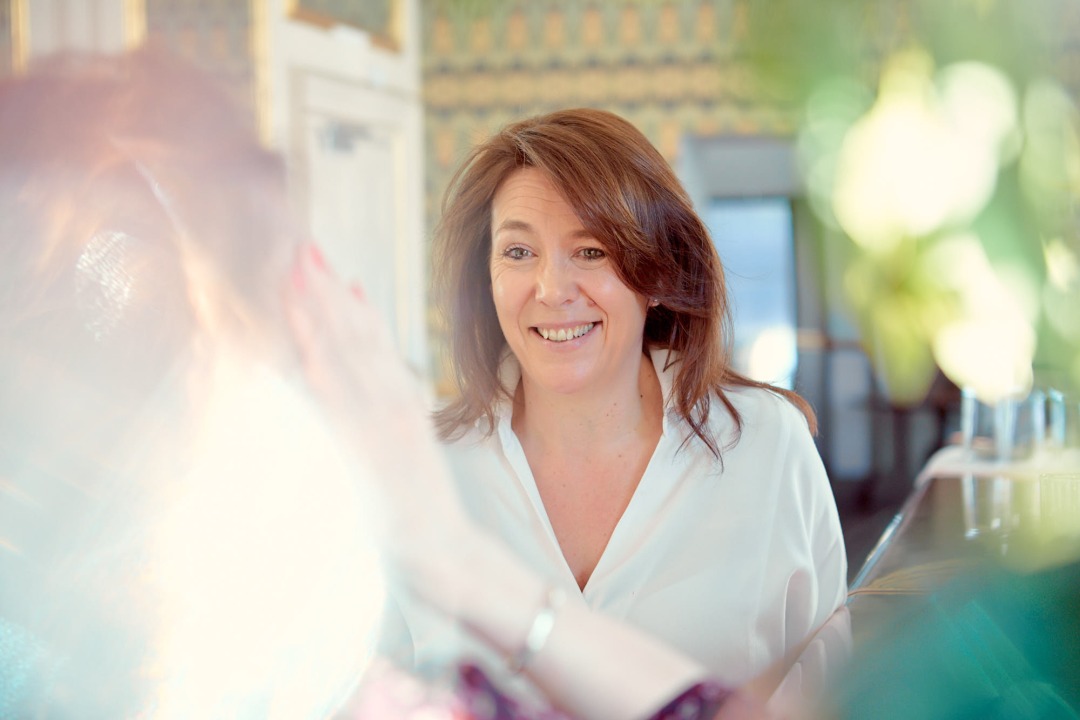Menopause, Loneliness and the Power of Connection in the Workplace
Clare Emberson-Pratt, MD, Emberson Group, talks about menopause in the workplace and urges women not to be alone with their menopausal thoughts and symptoms, because there is light and support at the end of the tunnel.
We want to put a positive spin on this year’s Mental Health Week theme of Loneliness. Focusing on the power of connection to alleviate loneliness, we would like to use this platform to raise awareness and talk openly about the loneliness and alienation that many career women in the mid stages of life are currently facing due to the life-altering effects of the menopause in the workplace. We would like to point out there is help if you reach out to the right places and nobody should be alone in this.
Loneliness, Depression and the Menopause
Loneliness affects millions of people in the UK every year and is a key driver of poor mental health. But no one really talks about the type that is attributed to the menopause where loneliness and depression can often go hand in hand, sadly. The acute feeling of being alienated in your career and in your place of work, due to a sense of complete overwhelm and anxiety, as well as long list of other misdiagnosed and debilitating mental and physical symptoms, can very often lead to a sense of disconnection.
Personally speaking, feeling and being alone with what seems like a huge, unsolvable problem like the menopause is often a result of being misunderstood, confused, bewildered and down-right exhausted. I battled with my symptoms for so long to the point that I thought I was suffering from early onset dementia. The good news is that things are changing fast, and lone voices are finally being heard as a national menopause scandal is unearthed.
We do not need to be alone and suffer in silence any longer.
Largest ever UK survey of menopausal women is published
A landmark study has been published and produced by the Fawcett Society based on survey data commissioned by Channel 4 of over 4,000 women. It is the largest ever survey of menopausal and peri-menopausal women in the UK. And it has taken a report of this size and scale and celebrity endorsement, from the likes of Davina McCall fronting it, to finally reveal the shocking lack of support for menopausal women in the workplace by healthcare providers. The report highlighted that some women have experienced symptoms so severe that they have left successful careers in droves and even felt suicidal.
The full findings feature in Channel 4 documentary “Davina McCall: Sex, Mind and the Menopause”, which I highly recommend everyone watches on demand. It reveals the majority of women (77%) find at least one menopause symptom ‘very difficult’, while 44% of women experience three or more symptoms that are ‘severe’. Common symptoms include insomnia, brain fog, anxiety and depression. Sadly, the report clearly highlights the lack of basic support in the workplace, with no provision, support networks or polices in place for 8 in 10 women.
For too long, menopause has been shrouded in stigma.
The Government now needs to wake up and make urgent changes, to ensure that employers have access to information that informs everyone in the workplace about the menopause – both men and women alike.
Menopause Workplace Education
Here at Emberson, 41% of the total workforce are women in the 45-55 age bracket. A further 14% of our women (or 9% of the total workforce) are women in the 40-44 age bracket. This is something we need to take very seriously, now and in the future, for all women and men across our growing business.
We are keen to ensure through our menopause education in the workplace that men feel as comfortable as women talking about symptoms, showing compassion and also recognising when a co-worker may be struggling. We see this as a human problem in the workplace, not purely an affliction of women of a certain age.
There are some very good workplace menopause experts that can be called upon now to provide expert training in this vital area, and their services (along with Bath Mind’s ongoing Mental Health in-house training courses) for us, will hopefully ensure our team have the ongoing tools and confidence to recognise when they themselves or someone in their team might be feeling off-beat.
I urge you, if you are feeling alone with your symptoms, whatever they might be, to make an appointment with your GP, talk to a friend or family member, and make that connection to empower yourself, take charge and break the cycle. No one should have to live alone with the menopause anymore!
Bath Mind has a comprehensive programme of events and workshops to help organisations navigate the complexities of mental health in the workplace. The team at Emberson Group has highly benefitted from participating in Bath Mind’s Mental Health First Aid Course.
Our sincerest thanks to Clare Emberson-Pratt for sharing this insightful piece with us for Mental Health Awareness Week. For information and advice on the menopause, visit the NHS website or talk to your GP.
Posted on: 10th May 2022
